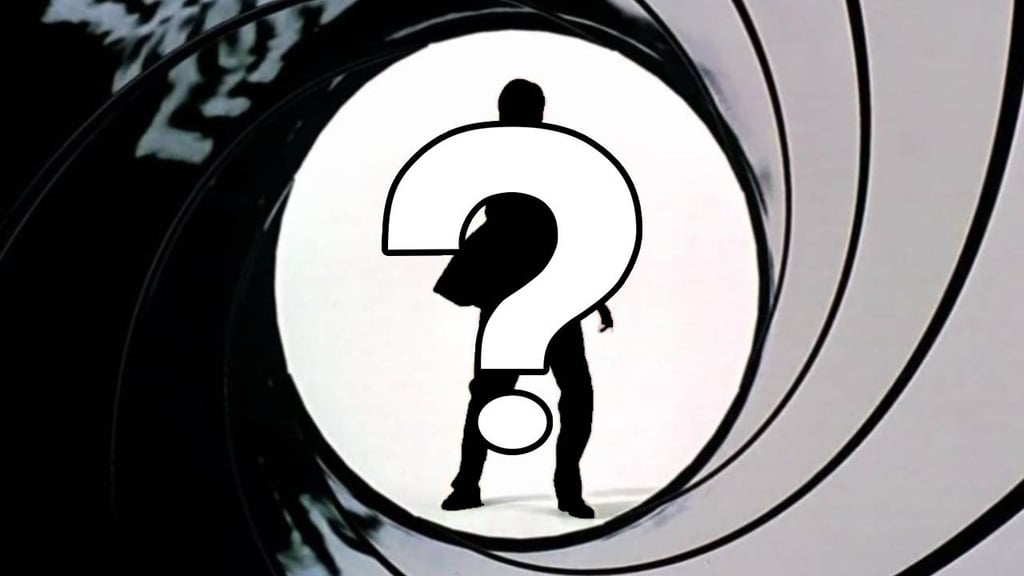Hegseth defends results of US strikes in push to win public opinion battle
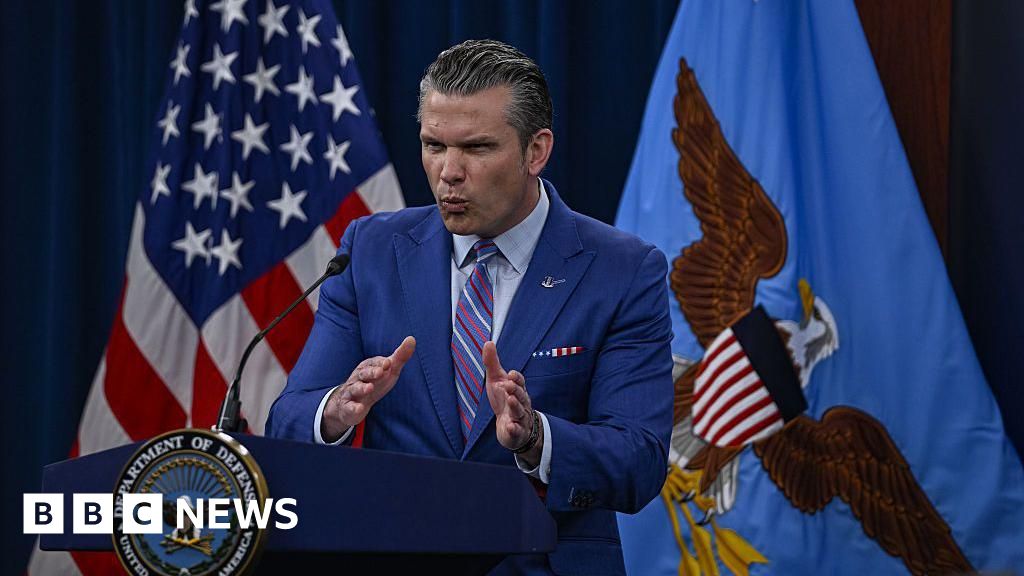
Hegseth defends results of US strikes in push to win public opinion battle
Anthony ZurcherNorth America correspondent•@awzurcher
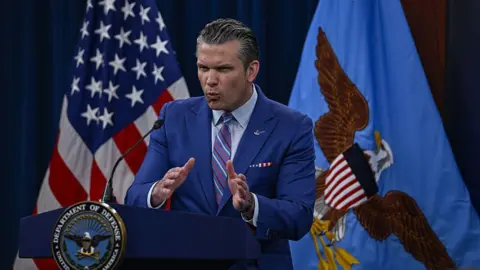 Getty Images
Getty ImagesDefence Secretary Pete Hegseth took the lectern at the Pentagon briefing room on Thursday morning with two goals.
He wanted to present evidence of the success of the American attack on Iran's nuclear facilities, pushing back against a preliminary defence intelligence assessment that suggested the strikes were less effective.
And he wanted to berate the American media and paint their coverage of that preliminary report as unpatriotic and disrespectful to the "brave men and women" in the US military.
It was a briefing aimed at winning over divided public opinion on the attacks – and to satisfy an audience of one in the White House, who has been railing against the media coverage for days.
The former goal is still in question, but the latter seems to have been a mission accomplished.
"One of the greatest, most professional, and most 'confirming' News Conferences I have ever seen!" Donald Trump wrote on Truth Social after Hegseth concluded.
During his half-hour briefing, Hegseth ticked through a range of intelligence information, although little of it was new.
He read from a Wednesday letter penned by CIA Director John Ratcliffe that claimed there was "intelligence from a historically reliable and accurate source/method that several key Iranian nuclear facilities were destroyed and would have to be rebuilt over the course of years".
He cited an earlier Israeli intelligence finding, detailed a recent statement by Iranian leaders and reviewed initial findings of "very significant damage" by the International Atomic Energy Agency.
After General Dan Caine, chair of the Joint Chiefs of Staff, provided information about the development and power of the "bunker buster bombs" used in the attack – including how they were used to repeatedly hit the ventilation shafts at Iran's Fordo facility - Hegseth told Americans to use their common sense when deciding whether the strikes were successful.
"Anyone with two eyes, ears and a brain can recognise that kind of firepower, with that specificity at that location and others is going to have a devastating effect," he said.
"You want to call it destroyed, you want to call it defeated, you want to call it obliterated, choose your words," he said. "This was a historically successful attack."
After lauding members of the military who participated in the strikes, Hegseth pivoted to those he wanted to portray as the real villains of this story - an American media he said was more interested in cheering against the president and hoping that he failed. "It's in your DNA," he said.
If Hegseth's comments were tinged with anger and frustration, it is in part because the political stakes at this moment are high.
Battle damage assessments take time – time to review intelligence reports from both surveillance and human sources, time to gather information and time to reach conclusions with some level of confidence. But the pace of American politics moves much more quickly.
Trump administration officials know it doesn't take long for public opinion in a major event like this to harden. If American voters conclude now that the US attacks weren't effective, it will be hard for the White House to change minds weeks or months later.
Hegseth's early morning briefing was an attempt to wrest back a narrative derailed by the preliminary defence intelligence report.
Polls indicate that Donald Trump's popularity has sagged recently and that Americans were sceptical about American military involvement in the Iran-Israel conflict going into Saturday night.
One survey in the days after the attack found that while Republicans are rallying around the president, the majority of Democrats and independents believed the US action made Americans less safe.
In theory, a successful military operation has the potential to give the president a political boost if the White House can convince the public that Trump took decisive action that produced a positive result. It would provide the president to claim a signature foreign policy success after his early high-profile efforts to end wars in Ukraine and Gaza have been stymied.
But the windows on such opportunities close fast, which could explain why Trump, often prone to hyperbole, was quick to declare that Iran's nuclear programme was "obliterated", as the dust from the strikes was still settling and before intelligence assessments had begun in earnest.
It's also why his critics were so eager to boost the preliminary Pentagon report that undercut his claims – and why journalists, attuned to politicians motivated by political advantage, took note.
Satellite images reveal new signs of damage at Iranian nuclear sites
What's Your Reaction?
 Like
0
Like
0
 Dislike
0
Dislike
0
 Love
0
Love
0
 Funny
0
Funny
0
 Angry
0
Angry
0
 Sad
0
Sad
0
 Wow
0
Wow
0



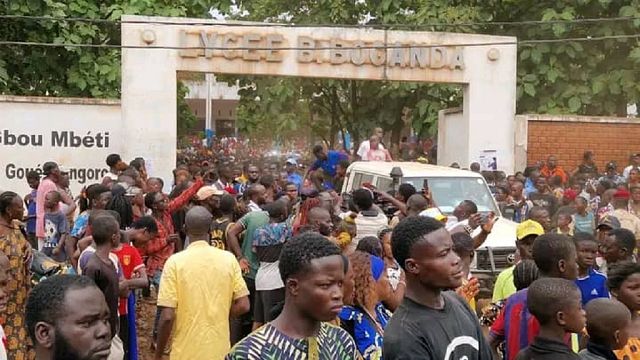
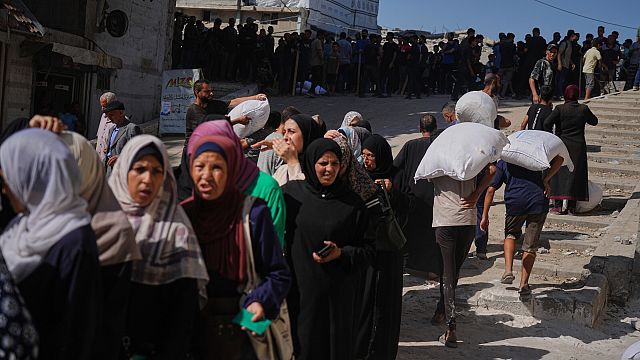
![Des drones IA révolutionnent la lutte contre le paludisme [Business Africa]](http://static.euronews.com/articles/stories/09/24/88/24/640x360_cmsv2_c81b5378-a4d6-5b79-a296-06f4879024b5-9248824.jpg?1746029817#)














